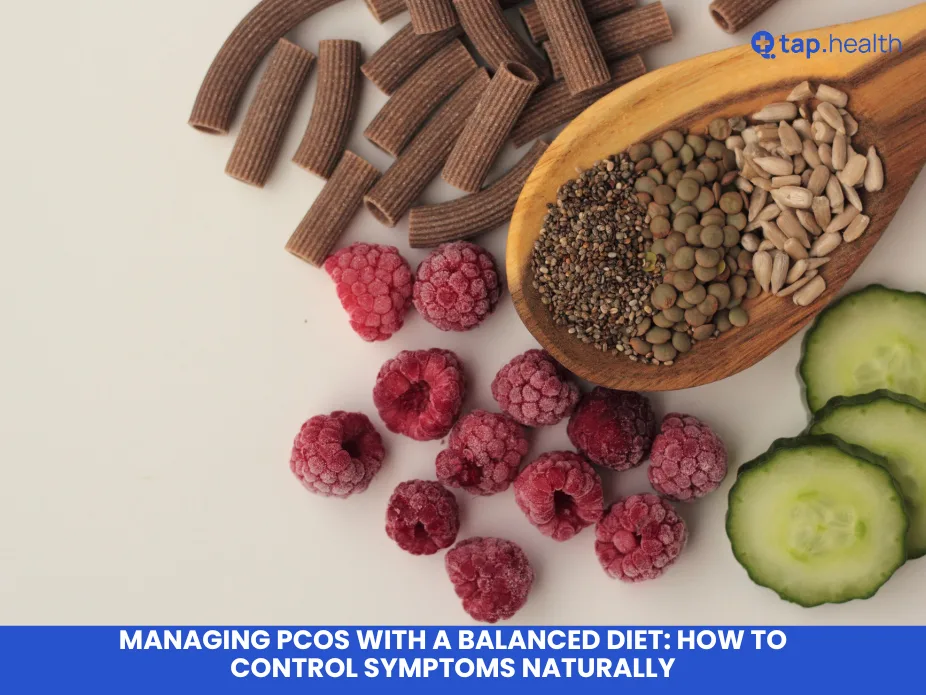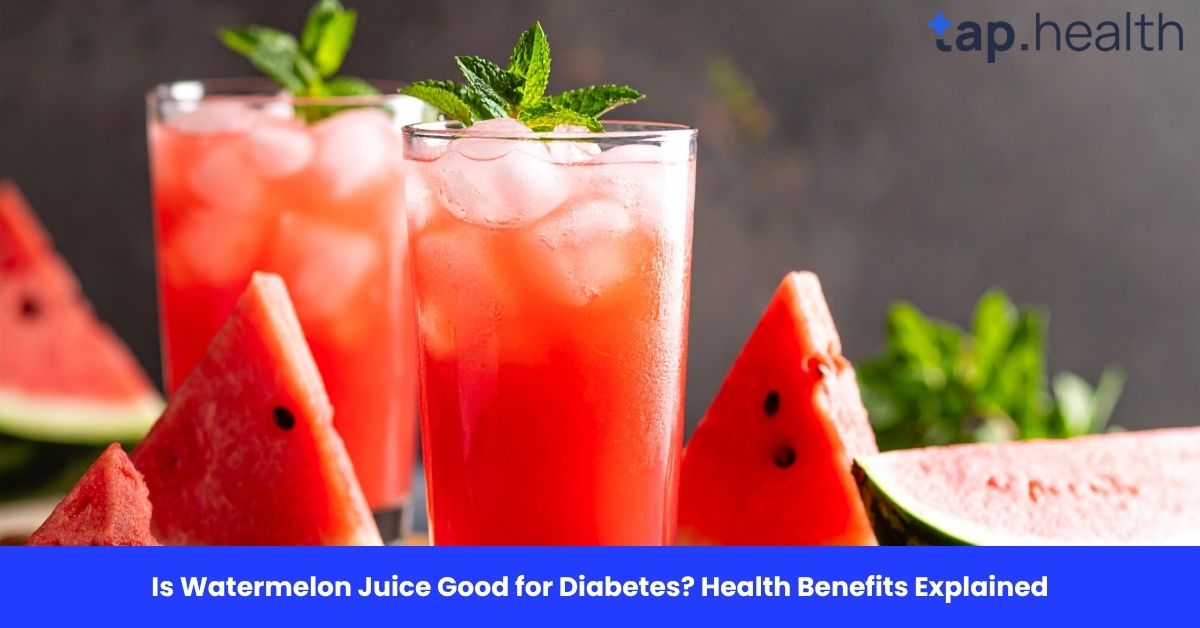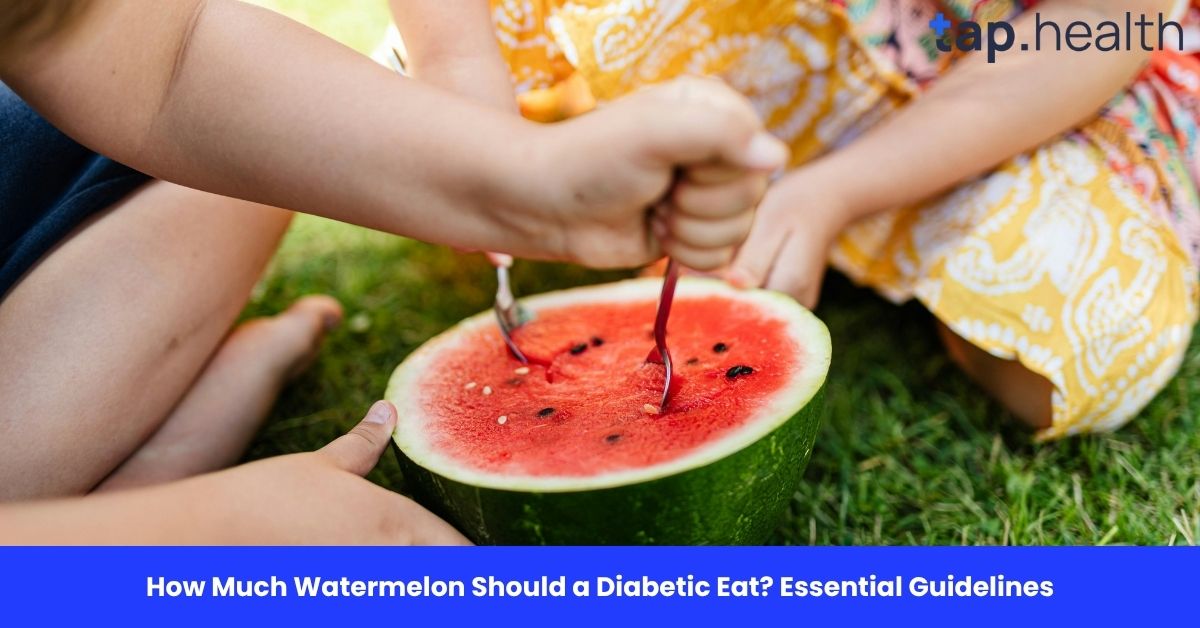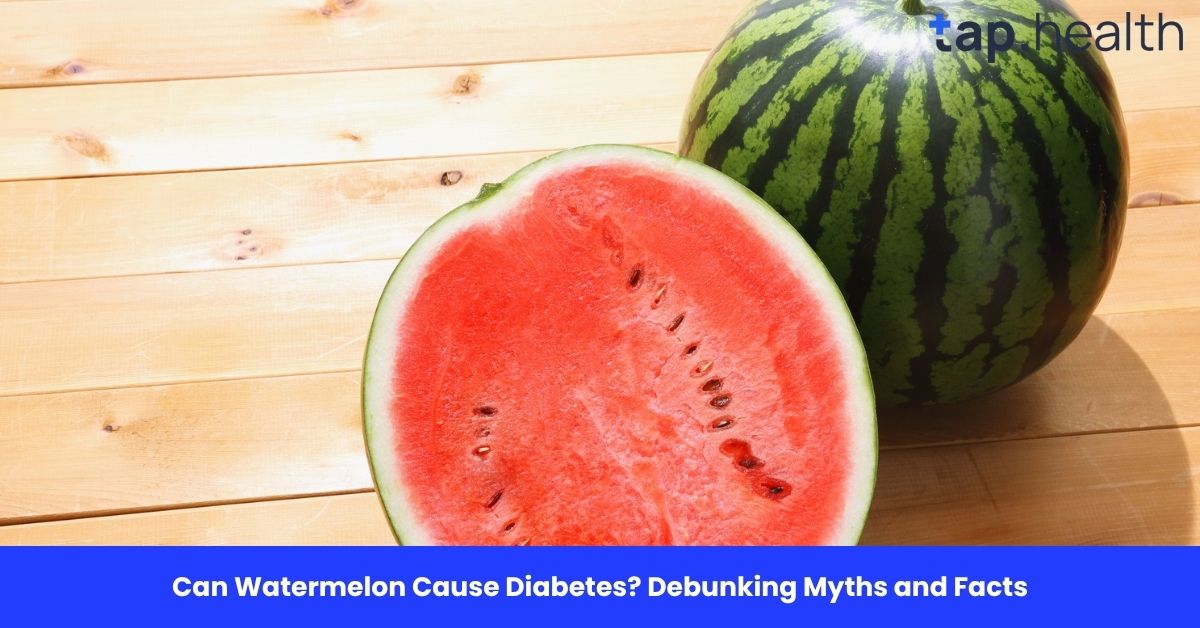Polycystic Ovary Syndrome (PCOS) is a common hormonal disorder that affects many women worldwide. It can cause a range of symptoms, including irregular periods, acne, weight gain, and excessive hair growth. While medications are often used to treat PCOS, managing the condition with a balanced diet is a powerful and natural approach to alleviating symptoms. In this blog post, we’ll explore how a healthy diet can help manage PCOS and support overall well-being.
What is PCOS?
PCOS is a condition where the ovaries produce an excess amount of androgens (male hormones), disrupting the normal balance of reproductive hormones. This hormonal imbalance can cause problems with ovulation, resulting in irregular periods and infertility. Additionally, women with PCOS often experience insulin resistance, which can lead to higher blood sugar levels.
How a Balanced Diet Helps Manage PCOS
A balanced diet plays a crucial role in managing PCOS by addressing key symptoms such as insulin resistance, weight gain, and hormonal imbalance. Here’s how making mindful food choices can help:
- Insulin Resistance
Women with PCOS are more likely to have insulin resistance, meaning their bodies don’t respond well to insulin. This can lead to higher levels of insulin in the blood, which in turn contributes to weight gain, increased androgen levels, and other symptoms. A balanced diet that focuses on low-glycemic foods (which don’t spike blood sugar levels) can help manage insulin levels and reduce symptoms of PCOS. - Hormonal Balance
Diet plays a significant role in maintaining hormonal balance. For example, consuming healthy fats (like those from avocados, nuts, and olive oil) can support the production of essential hormones. Avoiding processed foods and excessive sugar intake can prevent spikes in insulin and other hormones that worsen PCOS symptoms. - Weight Management
Maintaining a healthy weight is essential for managing PCOS. A balanced diet can help you lose or maintain weight, which in turn can improve insulin sensitivity and reduce the severity of symptoms like acne and excessive hair growth. Research shows that losing just 5-10% of your body weight can improve your hormonal balance and fertility.
Key Foods to Include in Your PCOS Diet
A balanced diet for managing PCOS should include nutrient-dense, whole foods. Here are some food groups that can help:
1. Lean Proteins
Proteins are essential for maintaining muscle mass and managing weight. Women with PCOS should focus on lean proteins such as chicken, turkey, tofu, beans, and fish. These foods help stabilize blood sugar and reduce insulin spikes.
2. Healthy Fats
Healthy fats play a vital role in regulating hormones. Foods like avocados, olive oil, nuts, and seeds are rich in omega-3 fatty acids, which can help lower inflammation and regulate hormones.
3. High-Fiber Foods
Fiber is beneficial for managing blood sugar levels and promoting digestive health. Include plenty of vegetables, fruits, legumes, and whole grains like quinoa, oats, and brown rice in your diet. Fiber-rich foods can also help you feel fuller for longer, preventing overeating and supporting weight management.
4. Low-Glycemic Foods
Choosing low-glycemic foods (foods that cause a slower, steadier rise in blood sugar) can help manage insulin resistance and PCOS symptoms. Opt for foods like leafy greens, berries, sweet potatoes, and whole grains over high-glycemic foods like white bread, sugary snacks, and refined carbohydrates.
5. Anti-Inflammatory Foods
PCOS is often linked with chronic low-grade inflammation. To reduce inflammation, incorporate anti-inflammatory foods like turmeric, ginger, garlic, and berries into your meals. These foods can help alleviate symptoms such as acne, fatigue, and mood swings.
Real-Life Scenarios
Many women with PCOS have successfully managed their symptoms by making dietary changes. For example, Jane, a 32-year-old woman diagnosed with PCOS, struggled with irregular periods and weight gain. After working with a nutritionist, she switched to a balanced diet rich in fiber, lean proteins, and healthy fats. Within three months, she lost 10 pounds, experienced more regular periods, and saw improvements in her skin.
Similarly, Sarah, a 28-year-old woman with PCOS, struggled with insulin resistance and fatigue. By incorporating more low-glycemic foods and anti-inflammatory ingredients into her diet, she was able to reduce her insulin levels and felt more energized throughout the day.
These real-life examples show that small dietary changes can lead to significant improvements in managing PCOS symptoms.
Expert Contributions
Dr. Sandra Frank, an endocrinologist specializing in PCOS, emphasizes the importance of diet in managing the condition. According to Dr. Frank, “A balanced diet not only helps manage insulin resistance but can also address inflammation, improve hormonal balance, and support overall reproductive health.” She encourages her patients to adopt a diet high in fiber, healthy fats, and lean proteins while avoiding processed foods and sugary snacks.
Recommendations Grounded in Proven Research and Facts
Here are some dietary recommendations that are backed by research and proven to support women with PCOS:
1. Low-Carb Diet
Research suggests that a low-carb diet can improve insulin sensitivity and reduce symptoms of PCOS. By focusing on healthy, whole foods and limiting processed carbohydrates, women with PCOS can better manage their blood sugar levels and reduce the risk of developing type 2 diabetes.
2. Regular Meals and Portion Control
Eating regular meals throughout the day helps regulate blood sugar levels and prevent overeating. Portion control is key to managing weight and ensuring that you’re getting the right nutrients without consuming excess calories.
3. Exercise and Physical Activity
While diet is essential, regular physical activity also plays a crucial role in managing PCOS. Combining a balanced diet with regular exercise can help improve insulin sensitivity, support weight management, and enhance mood.
4. Supplements
Some studies suggest that certain supplements, such as inositol, vitamin D, and omega-3 fatty acids, can help manage PCOS symptoms. However, it’s important to consult with a healthcare provider before starting any supplements.
Factual and Reliable Information
It’s important to remember that while a balanced diet can help manage PCOS symptoms, it’s not a cure. PCOS is a complex condition that requires a comprehensive approach, including lifestyle changes, medical treatment, and ongoing management. Always consult with a healthcare provider or registered dietitian to create a personalized plan that works for you.
Read this – Can a Gluten-Free Diet Help Manage PCOS?
FAQ on Managing PCOS with a Balanced Diet: How to Control Symptoms Naturally
1. Can managing PCOS with a balanced diet help me lose weight?
Yes, a balanced diet can help regulate blood sugar levels, reduce inflammation, and support metabolic health, which can lead to more effective weight management.
2. What are the best foods to reduce insulin resistance?
Foods that are high in fiber and low on the glycemic index, such as whole grains, legumes, and vegetables, are excellent for improving insulin sensitivity.
3. Are there any foods I should avoid if I have PCOS?
Yes, you should minimize processed foods, sugary snacks, and refined carbohydrates, as these can worsen insulin resistance and inflammation.
4. Can I still eat carbohydrates with PCOS?
Yes, but it’s best to focus on low-GI carbohydrates like whole grains, sweet potatoes, and legumes, which have a gentler effect on blood sugar.
5. How long does it take to see results from dietary changes for PCOS?
Results vary, but many women see improvements in symptoms like more regular periods and weight loss within a few months of adopting a balanced diet.
6. Should I consult a doctor before changing my diet for PCOS?
It’s always a good idea to speak with a healthcare provider or dietitian before making significant changes to your diet, especially if you have underlying health conditions.
References-
Johns Hopkins Medicine: This resource emphasizes the importance of incorporating omega-3 rich fish, olive oil, beans, non-starchy vegetables, and whole grains into the diet for managing PCOS.
Mass General Brigham: This article recommends consuming whole, natural foods that fuel the body over longer periods, including green, leafy vegetables and fiber-rich foods like berries, whole grains, beans, and apples.



